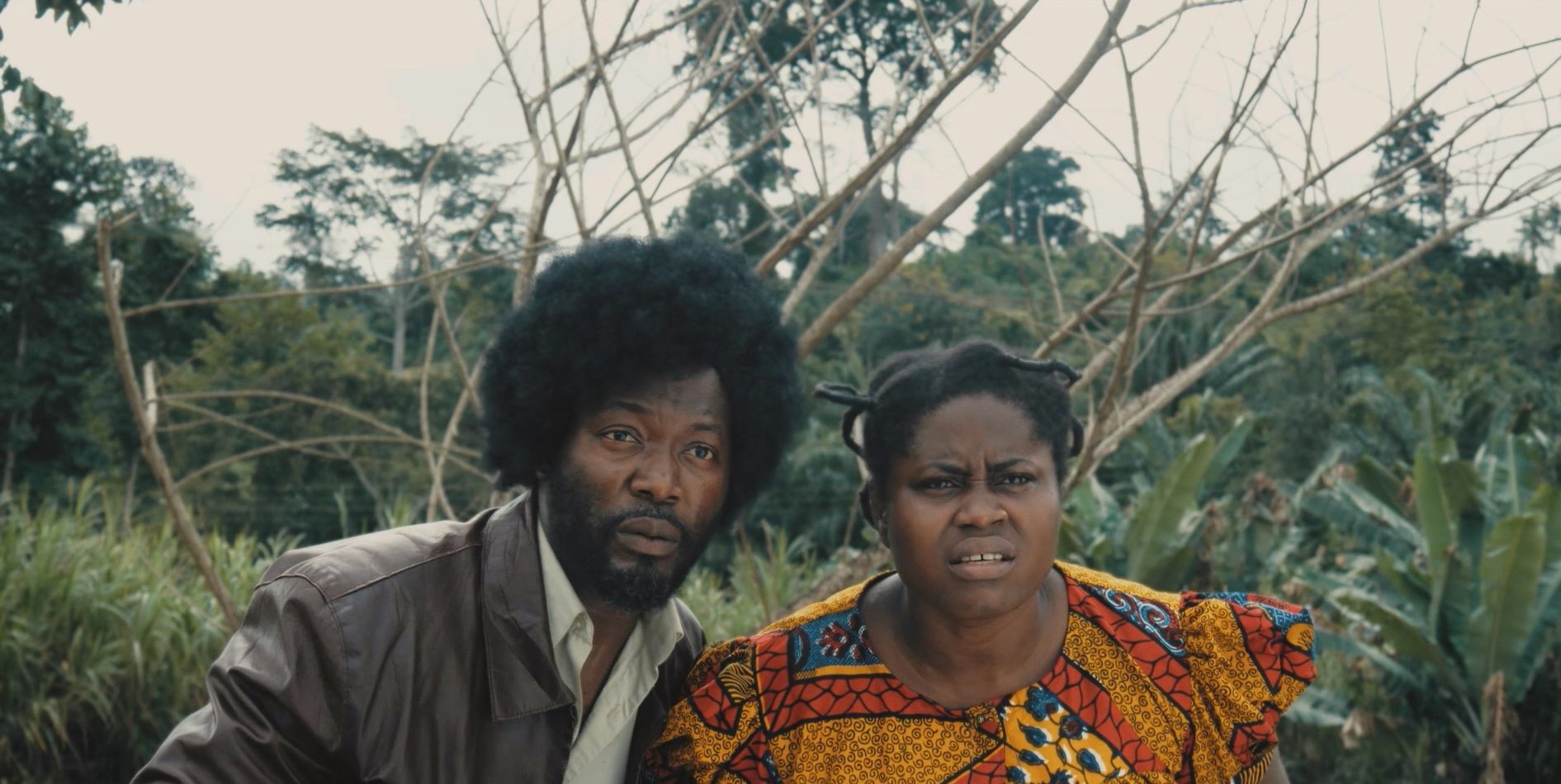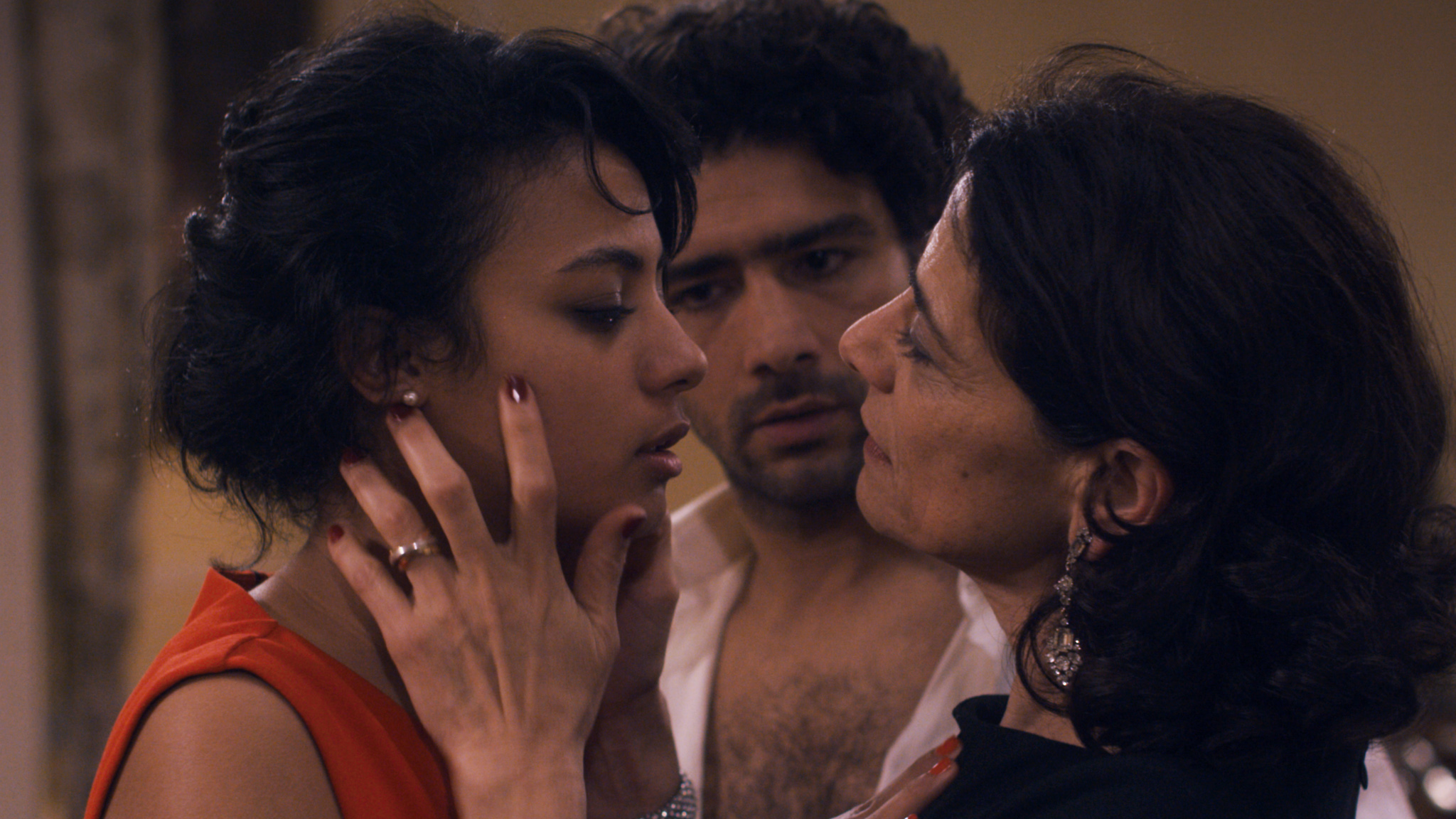
Film Africa is the film festival you should be paying attention to in 2017
Aisha Doherty
29 Oct 2017
For members of the African and Caribbean diaspora, films can be touchstones to our communities and families back home. They allow us to reconnect with a side of ourselves, even if just for a moment, and to identities sometimes overshadowed by our countries of residence.
Through film, we can see the diversity of the African continent, its history and peoples. By being able to see such a collection of African cinema, we can also draw comfort in the commonalities of shared experience.
However, stories from the African continent are often overlooked by mainstream film festivals, resulting in depictions of the continent through conventional, often stereotyped themes. The under-representation of African films on festival circuits directly affects their distribution and consequently, their presence on the international stage.
One film festival creating an exciting space for African cinema is Film Africa 2017, focusing on highlighting stories from across the continent. The ten-day event, held by the Royal African Society, opens this Friday and showcases narrative films, documentary and short works. Thirty-eight films from 21 African countries will be screened at venues across London. Many of the films will include Q+A sessions, giving audiences a chance to debate and direct questions to the filmmakers themselves. The festival also includes film production workshops and live music alongside the screenings.
The focus of this year’s festival is women’s voices, and organisers have made efforts to shine a spotlight on films which tell stories from female perspectives. Organisers describe it as “a testament to the growing presence of the female voice and stories in African cinema”.
Here are some female-led stories to watch out for during the festival:
Keteke
Keteke is Peter Sedufia’s heartfelt story of Boi and his pregnant wife Atswei (Adjetey Anang and Lydia Forson). It’s the 1980s and they are on a journey to give birth to their first child – but they’ve missed the train! Original music by Worlasi, and performances by Edwin Acquah and Sponkeys gives a lively pace to the story. It’s a touching comedy of a young couple facing trials and supporting each other through a milestone in their lives. Sweeping visuals of the beautiful Ghanaian countryside complete the scene, with funny appearances from an ensemble cast. This throwback to the 1980s forms part of Film Africa’s Ghana @ 60, celebrating 60 years of Ghanaian independence.
Tue 31 Oct + post-screening discussion with director, European Premiere
Foreign Body
A struggle, water, a submerged family photo. These scenes form the gripping intro to Foreign Body, the latest film from Tunisian director, Raja Amari (Satin Rouge). This present-day drama centres on an young woman and her new life following her journey from Tunisia to France. Samia (Sarra Hannachi) shows defiance and independence despite the objections of those around her. When a chance encounter leads Samia to Leila (Hiam Abbass), a rich grieving widow, a close bond forms between them. However this is soon interrupted by an old acquaintance of Samia’s, and glimpses of her old life back home.
This feature is intimate and slow-burning, the claustrophobic relationships forming a backdrop to unfolding tensions abroad.
Sun 5 Nov, London Premiere, Closing Gala
Borders [Frontières]
Four women embark on a week-long journey across Western Africa in Borders, the new film from director Apolline Traoré. Senegalese Adjara (Amélie Mbaye), the Ivorian, Emma (Sy Savané Naky), Nigerian, Vishaa (Unwana Udobang), and Sali, a Burkinabe (Adizétou Sidi) each have their own reasons for the arduous trip from Mali to Lagos. Along the way, they are brought together through a series of challenges, forming strong friendships in the process.
As we pass through the borders of Mali, Burkina Faso, Benin and Nigeria, we see snapshots of a rapidly developing region, and the reality of this for the millions who live and work on these roads.
Borders is an empowering drama featuring hustlers, traders and border-police. By centering on the political complexities of West Africa’s free-trade region, the film reveals the experience of women who travel the roads of West Africa and shows the costs and joys of female independence.
Fri 3 Nov
Also screening at the festival is the documentary Winnie, Pascale Lamche’s extensive study of political figure Winnie Mandela, with director’s Q+A and Sacred Water, Jordain Olivier’s documentary on female sexuality in Rwanda. In addition, Selma Baccar’s Fatma 75, the first non-fiction film by a Tunisian woman, will now be shown for the first time following many years of censorship.
As audiences, we lose out in our under-exposure to African cinema. Films such as those above reflect a rapidly developing continent, and the exciting changes brought by such developments. Thankfully, festivals like Film Africa give us a chance to appreciate a wide range of untold perspectives and debate current topics.
The 7th Edition of Film Africa 2017 runs from Friday 27 October to Sunday 5 November at venues across London.







